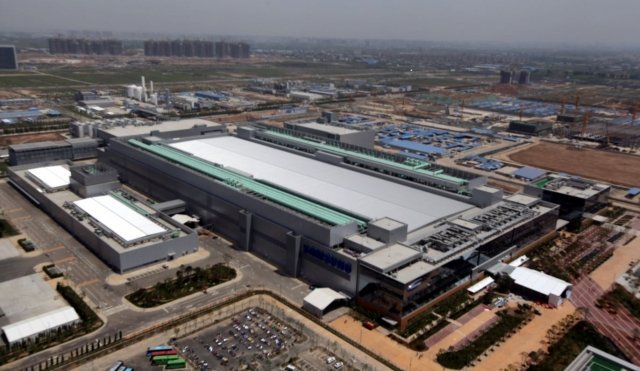[fn Editorial] US's Continued Policy of Containment Against China, Actively Respond to Uncertainty
- Input
- 2025-08-31 19:36:01
- Updated
- 2025-08-31 19:36:01
Notice of Cancellation of Samsung SK Equipment Export Exception
Find Ways to Minimize Damage During Grace Period
Find Ways to Minimize Damage During Grace Period

Control over semiconductor equipment and parts entering China has been in place since the Biden administration. To curb China's semiconductor ambitions, the US has mandated separate approval procedures for the export of semiconductor-related products containing US technology, effectively blocking exports. Instead, companies receiving subsidies under the US Semiconductor Act were listed as 'Verified End Users (VEU)' to maintain production capacity. Samsung, SK Hynix, and others were included in the VEU and enjoyed benefits. This was in recognition of their astronomical investments and contributions to job creation in the US.
The Trump administration consistently expressed dissatisfaction with the exception clause. In June, Jeffrey Kessler, the Under Secretary of Commerce, mentioned the intention to cancel the VEU status of domestic companies. The Trump administration will officially publish in the Federal Register on the 2nd (local time) the removal of Samsung, SK, and Intel from the VEU list. Among these, the Intel facility in Dalian, China, is a facility acquired by SK Hynix. Only domestic companies will suffer from snowballing damage.
The era has come where US regulations and pressure have become a constant risk for domestic companies. Moreover, the Trump administration's intensity in checking foreign semiconductor companies is increasing. The US is mentioning the possibility of imposing a 100% tariff on semiconductors while imposing a 25% mutual tariff globally. Furthermore, there may even be a situation where company shares are demanded in exchange for semiconductor subsidies. Howard Lutnick, the Secretary of Commerce, has stated that shares equivalent to subsidies may be demanded from Samsung Electronics and TSMC. Although our government has clarified that this is not the official position of the US, it is not a situation to be complacent about. The US secured a 10% stake by providing subsidies to its domestic company Intel and converting them into equity. It could push for equity transactions with foreign companies in the same way. All possibilities must be prepared for.
In response to the continuing uncertainty, the public and private sectors must devise thorough countermeasures together. For now, the VEU cancellation has a 120-day grace period, and it is said that equipment imports for maintaining the status quo in Chinese factories will be allowed. It is not a situation where there is no room for negotiation. What the US government aims for is to block China's technological ambitions and revive its domestic semiconductor industry. There is certainly a win-win path with Korean companies. The government should actively exercise its diplomatic power to support companies.